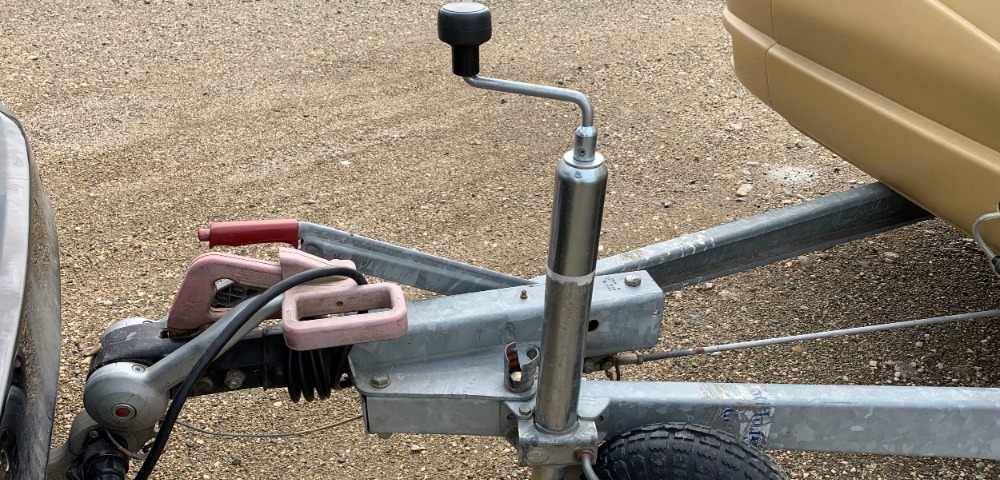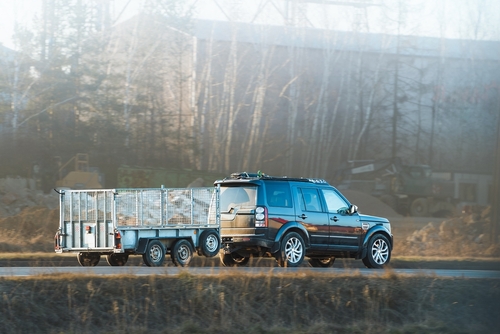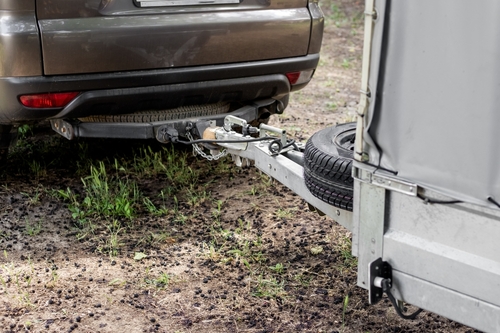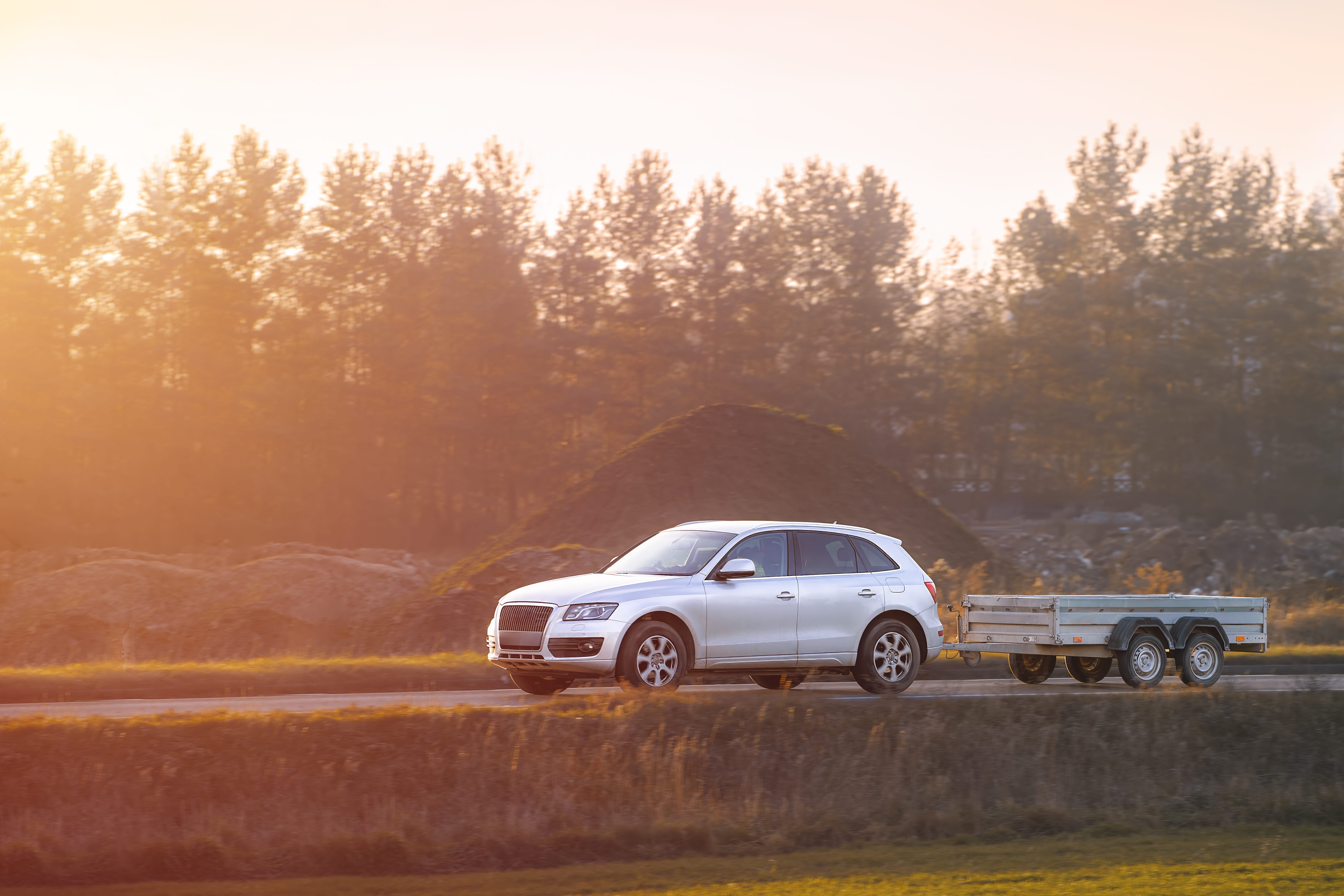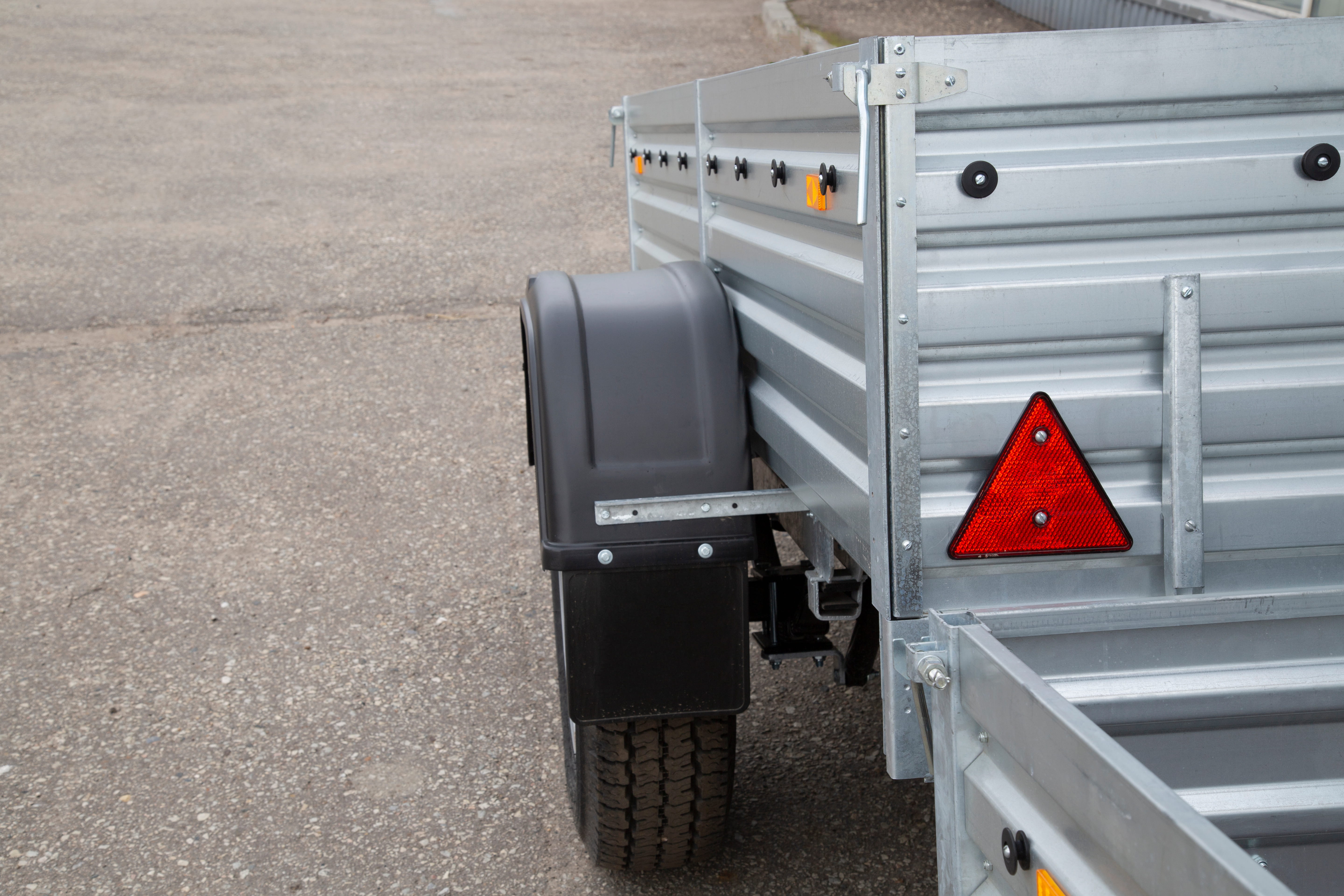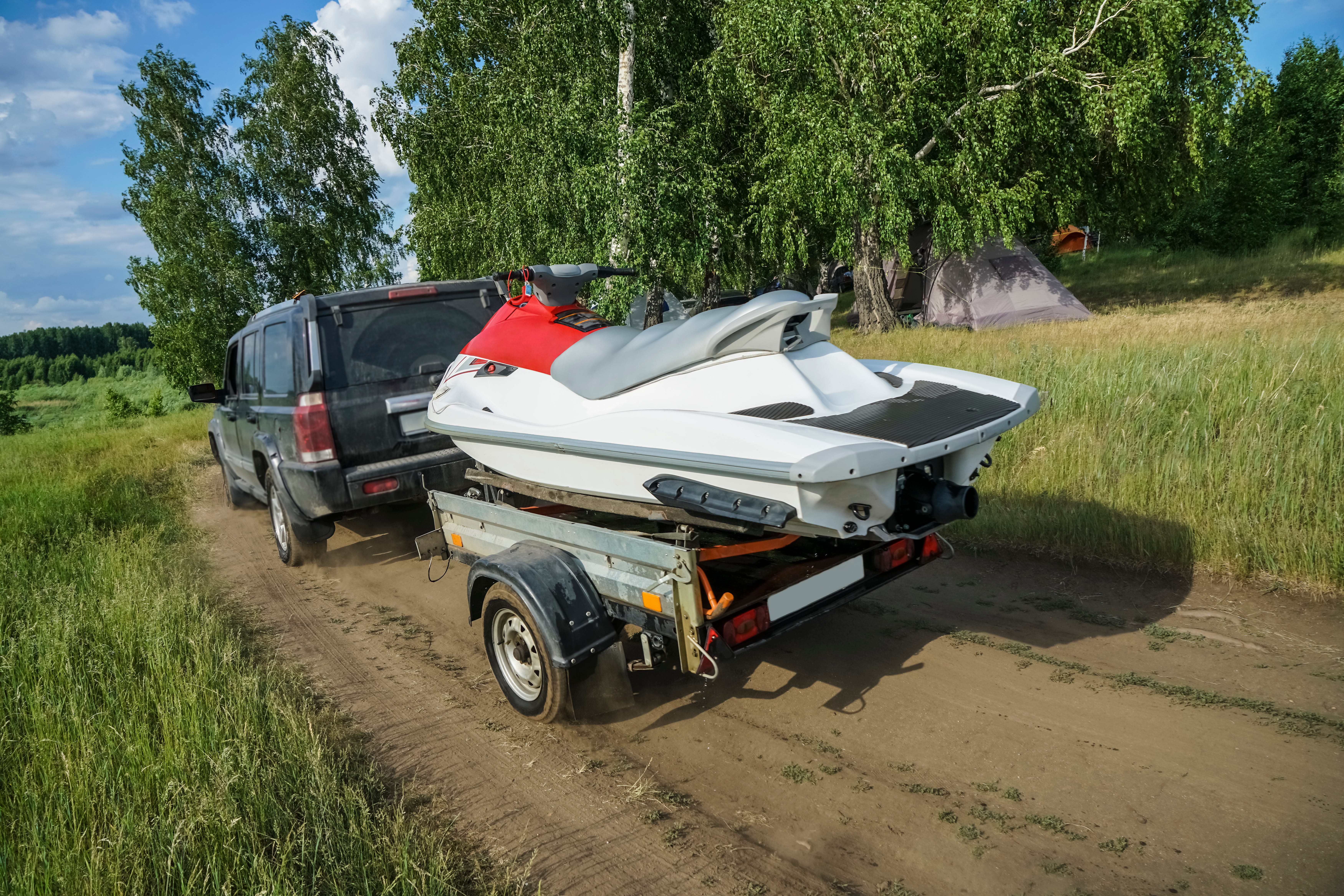Jockey wheels are an essential when it comes to trailers and caravans. They allow the nose of the trailer to remain lifted once they are disconnected from the towing vehicle. This is not only essential for when hitching and unhitching, but also allows the trailer to be manoeuvred without the use of a towing vehicle. Sometimes it is necessary to replace the jockey wheel on your trailer, so it is important to make sure you get the right one for you. Read on for our guide on how to choose your trailer jockey wheel.
Why Does My Jockey Wheel Need Replacing?
Jockey wheels can need replacing for various reasons, however the most common reason for replacement is damage to the previous jockey wheel. Due to their use and positioning on a trailer, jockey wheels are rather exposed to the potential for impacts. This sometimes means the can be bent when the trailer is being used. If your jockey wheel becomes bent it will severely reduce its weight capacity, while also making it difficult to retract and extend fully. For this reason your jockey wheel should be replaced if the bending is too severe. To reduce the possibility of your jockey wheel becoming bent you should ensure the jockey wheel is fully retracted while the trailer is being towed and that there is always sufficient ground clearance between the jockey wheel and the ground. If you are towing your trailer a short distance it is sometimes tempting to tow it using a rope attached to a car, this should be avoided as it can put a substantial amount of stress on the jockey wheel, especially on rough terrain. Try to always move your trailer by hand to avoid overstressing your jockey wheel.
Another reason for jockey wheel replacement is due to rust, or wear that has purely been caused due to the age of the trailer and jockey wheel. If your jockey wheel is looking a bit tired (especially if it is rusted) you should seriously consider replacing it. Rusting can lead to substantial weakness in the structure of the jockey wheel and result in its failure.
Jockey Wheel Types
There are two main types of jockey wheel shaft, smooth or serrated. The physical differences are pretty self-explanatory, the smooth one being smooth, and the serrated one being (you guessed it!) serrated.
Smooth jockey wheels are the most common type of jockey wheel. These rely on a clamp applying pressure to the shaft to stop the jockey wheel slipping. These designs are simple and easy to use. However, it is possible for the jockey wheel to slip if the clamp is not sufficiently tightened. This could result in the jockey wheel ‘collapsing’ when the trailer isn’t being towed, or the jockey wheel dropping down while the trailer is being towed. Neither of these scenarios are ideal, so if you have, or opt to get a smooth jockey wheel make sure you tighten the clamp!
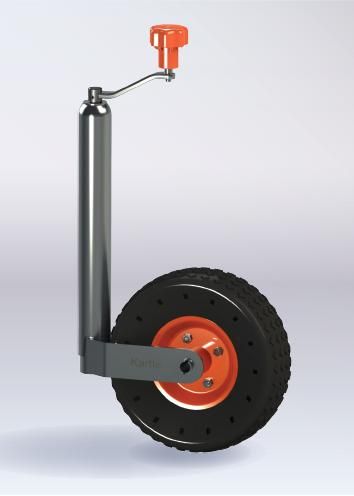
The serrated jockey wheel is often seen on trailers which take a higher loading. This is due to the ribbed outer sleeve allowing the clamp to lock into each of the indents making for a far firmer hold. Serrated jockey wheels are usually only available in 48mm diameter and above. A disadvantage of a serrated jockey wheel is it is important that the clamp and the jockey wheel match, meaning they must fit together correctly when tightened.
Or maybe you’re looking for a retractable jockey wheel... What is a retractable jockey wheel? Well a retractable jockey wheel does exactly what it says on the tin. It removes the need for a clamp and can simply be bolted to the side of the trailer. To extend or retract the jockey wheel you simply rotate the handle on top of the jockey wheel which acts like a screw to move the jockey wheel up and down.
Jockey Wheel Sizing
There are two main sizes to consider when it comes to choosing the right jockey wheel for your trailer. The jockey wheel diameter, and the open and closed height. The most important of these being the jockey wheel diameter.
The diameter of your jockey wheel is dependant on the size, weight and usage of your trailer. Larger trailers require larger diameter jockey wheels. For example, a small and lightweight trailer may only need a 35mm jockey wheel with a smooth shaft. However, larger trailers with heavy nose weights may need up to a 63mm jockey wheel with a serrated shaft.
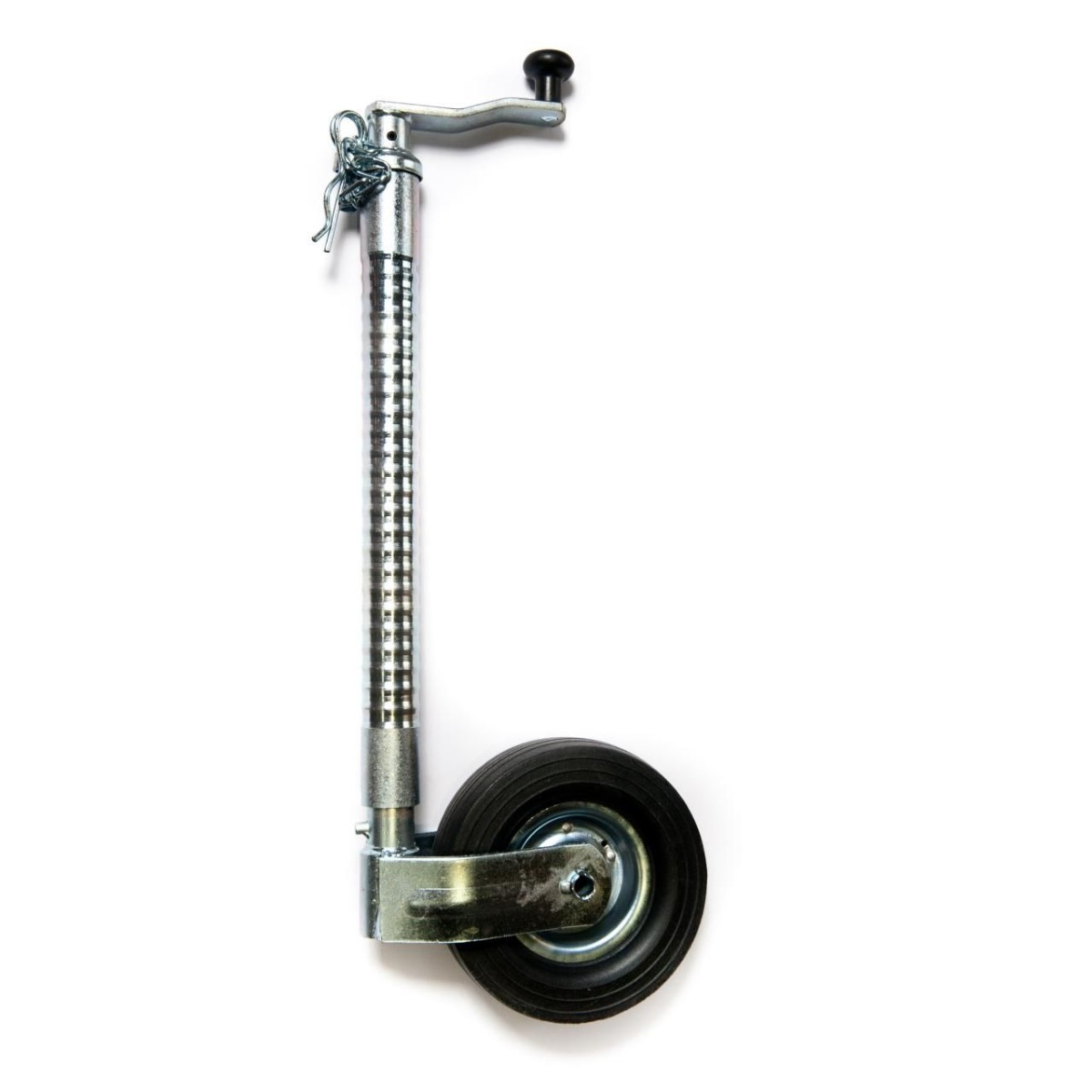
You can’t really overdo it with the size of your jockey wheel, it usually comes down to the price you want to pay. But be sure the jockey wheel you buy will fit the jockey wheel clamp you have or will get.
This leads us nicely into the second size consideration, the open and close height. This is only relevant to retractable jockey wheels and relates to the height of the jockey wheel when fully retracted or extended. It is important to make allowances for both heights, as insufficient extension or retraction will cause issues with towing your trailer or hitching and unhitching.
To Conclude
Your jockey wheel selection is most likely going to be be influenced by the previous jockey wheel that was on your trailer, it is best to match it as closely as possible if this is the case, so it fits the clamp. However, if you are buying a brand-new jockey wheel and clamp for your trailer, try to think about the potential nose-loading capacity of your trailer and how you intend to use it. If you want any advice on choosing the right jockey wheel for you, don’t hesitate to get in touch on 01962 77 49 88.


